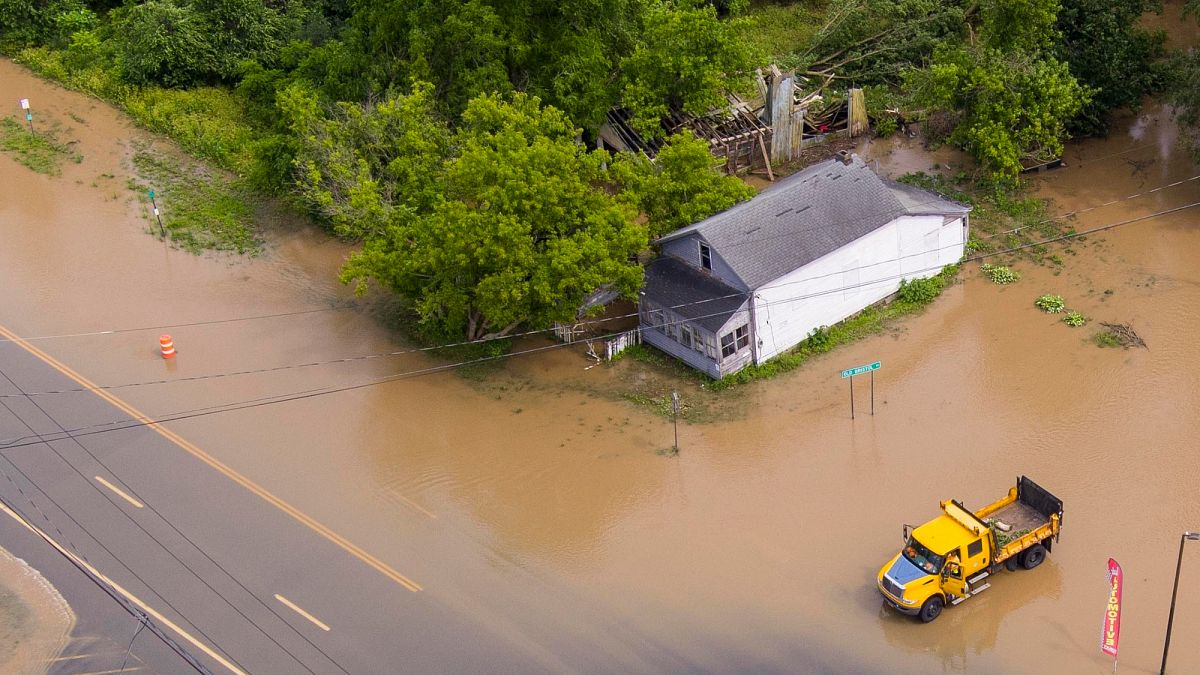

In recent times, varied weather phenomena have significantly influenced daily life across the Americas, demonstrating the power and unpredictability of nature. From severe storms in the United States to unprecedented warm air in Argentina during winter, these weather events have offered a unique opportunity to reflect on our resilience and adaptability.
In the northeast of the United States, the states of New York and New Jersey experienced heavy rainfall and flash flooding, presenting considerable challenges to the population. On a serene Monday night, the relentless rain transformed into severe storms, resulting in widespread flooding that disrupted travel and prompted emergency responses across several regions. These natural occurrences served as a reminder of the importance of preparedness and community response in times of crisis. Navigating through this unexpected deluge required the efforts of emergency services, community volunteers, and local authorities working in harmony to restore order and ensure safety.
Further north, in Canada, the ongoing wildfires have had an unusual impact on air quality far beyond its borders. Recently, a group of Republican lawmakers addressed these matters in a thoughtful letter to Canada’s ambassador to the United States. They expressed concerns about the smoke traveling from Canadian wildfires, which has affected the air quality in numerous American cities. These events have brought to light the interconnectedness of our environments, highlighting how actions and natural events in one region can influence neighboring communities. The dialogue between lawmakers and international representatives underscores the significance of cross-border cooperation in addressing environmental challenges that transcend national boundaries.
Meanwhile, in the southern hemisphere, Argentina is experiencing an unusually warm winter, with temperatures in some regions rising significantly above their seasonal norms. In the traditionally cold city of Rosario, located in the province of Santa Fe, temperatures are expected to be nearly 10 degrees Celsius higher than average. This warm spell, characterized by a plume of mild air originating from Paraguay, is anticipated to persist before giving way to a traditional cold front. In Buenos Aires, the capital city, residents are preparing for this unseasonable shift as daytime temperatures soar well above what is expected for this time of year. This climatic anomaly offers a moment to reflect on the diverse nature of weather patterns and their impact on agriculture, energy consumption, and daily activities.
These weather events across the Americas demonstrate the complex and interconnected nature of our planet’s climate systems. They offer comfort in knowing that, through community response, international dialogue, and adaptability, people are capable of rising to the challenges posed by nature. It is crucial to remain vigilant and proactive, recognizing the importance of being prepared and supportive as communities face these shared experiences. By appreciating both the beauty and unpredictability of our environments, we can cultivate a mindful approach to living harmoniously within the natural world.
Source: {link}
